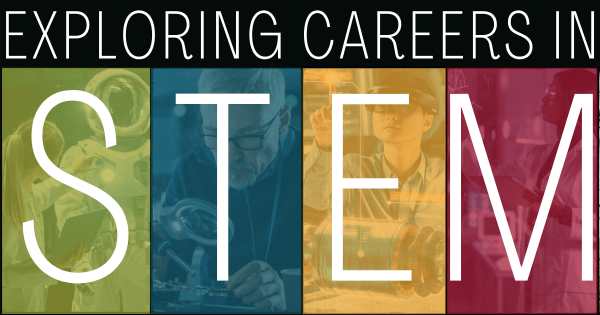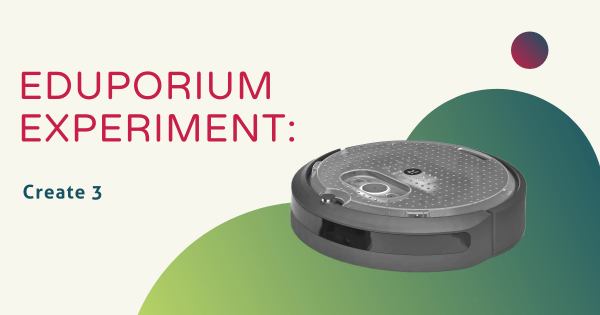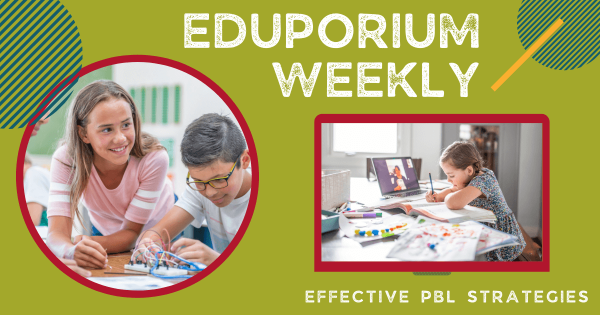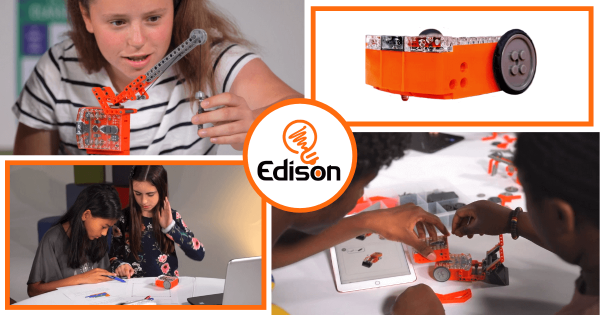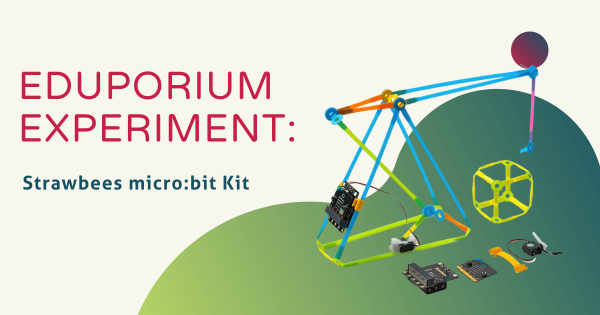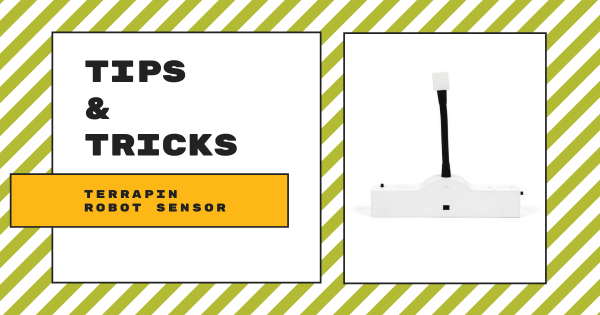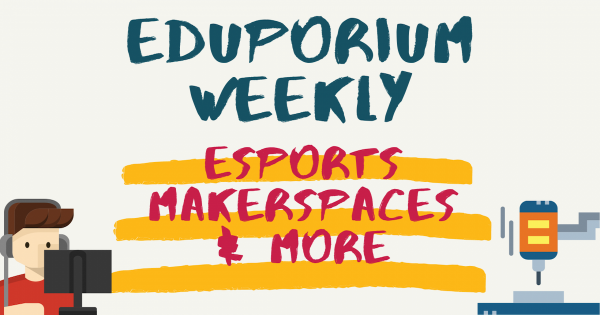STEM education is obviously a major piece of 21st century instruction and we know how important these experiences are for students. Many of those hard and soft skills they learn throughout elementary, middle, and into high school often help them better transition into a future career. Plus, for more and more of them, that career might be very closely related
Andy Larmand
-
Eduporium Experiment | iRobot Create 3 Robot
Although it’s a more advanced robotics tool, the Create 3 is certainly viable for any classroom. The biggest differentiator between the Create 3 and the Root Robots comes with its programming functionalities, which are almost entirely centered on text-based programming in Python but teachers could also, however, use it to introduce students to the world of ROS 2. -
Rising Resources | The CoSpaces Edu App
Besides creating their own virtual reality content, students can also use the CoSpaces Edu app to explore coding. Within this online platform, they can access this Blockly editor for drag-and-drop programming practice. Called CoBlocks, this visual language is simple for beginners and, as children get better at creating programs, they can move on to script-based languages. -
Eduporium Weekly | Strategies For Effective PBL Instruction
Project-based learning, as you might know, is a quite effective approach to instruction that’s often tied to increased community involvement and active collaboration among students. So, we’re exploring what may help teachers get PBL right, tips for implementing successful projects, and ideas for how to best leverage EdTech tools to generate ideal results. -
Edison Robot Projects: Screen-Free Simplicity To Text Coding
When teaching STEAM and coding skills with the Edison Robot, its unique features make it super popular among today’s teachers. This starts with its compact size, which helps to make the Edison a true 1:1 STEM solution in many cases. Some say it’s shaped like a brick but it’s also very dense and tough, which makes it a strong option -
Eduporium Weekly | Defining And Developing Digital Literacy
There are so many types of literacies that we’ll now associate with student development—from some basic financial and media literacy skills up to, of course, their digital literacy. Each one of these literacies have become very important in today’s world and, among them, digital literacy remains one of the most crucial fluencies that your students can develop. -
Eduporium Experiment | STEAM And The Strawbees micro:bit Kit
You might already know that the micro:bit is an extremely versatile STEAM tool. It’s also, however, compatible with a bunch of other technologies, like the Finch Robot 2.0, Hummingbird Bit, pi-top CS Kit, and more. Those are not the only STEAM solutions on that list, however, so we explored one of those other in-depth EdTech kits in the Strawbees micro:bit -
Eduporium Weekly | Teaching Empathy In The Classroom
Particularly since the pandemic began, educational leaders and classroom teachers have had to rethink a lot of their instructional strategies. And, one of the biggest focus areas has been around SEL and ensuring all students feel comfortable expressing their thoughts among their peers—something that’s done a lot to bring conversations about empathy into the classroom. -
Tips & Tricks | The Terrapin Robot Sensor + Bee-Bot And Blue-Bot
The compact and affordable Terrapin Robot Sensor allows students to add audio feedback and increase interactivity of their Bee–Bot coding activities or Blue–Bot experiments. It’s really easy to use and provides teachers with a great next step as they start expanding robotics for elementary students, bolstering SEL connections, and introducing new types of technology. -
Eduporium Weekly | Maker Ed, Esports, And More Resources
As learning initiatives evolve and adapt to better serve students in the 21st century or, in recent years, better allow for productive learning experiences from anywhere, rest assured we’re always doing our best to gauge how we can help. We’ve even created a bunch of useful content for school leaders, classroom teachers, librarians, and various education professionals.



